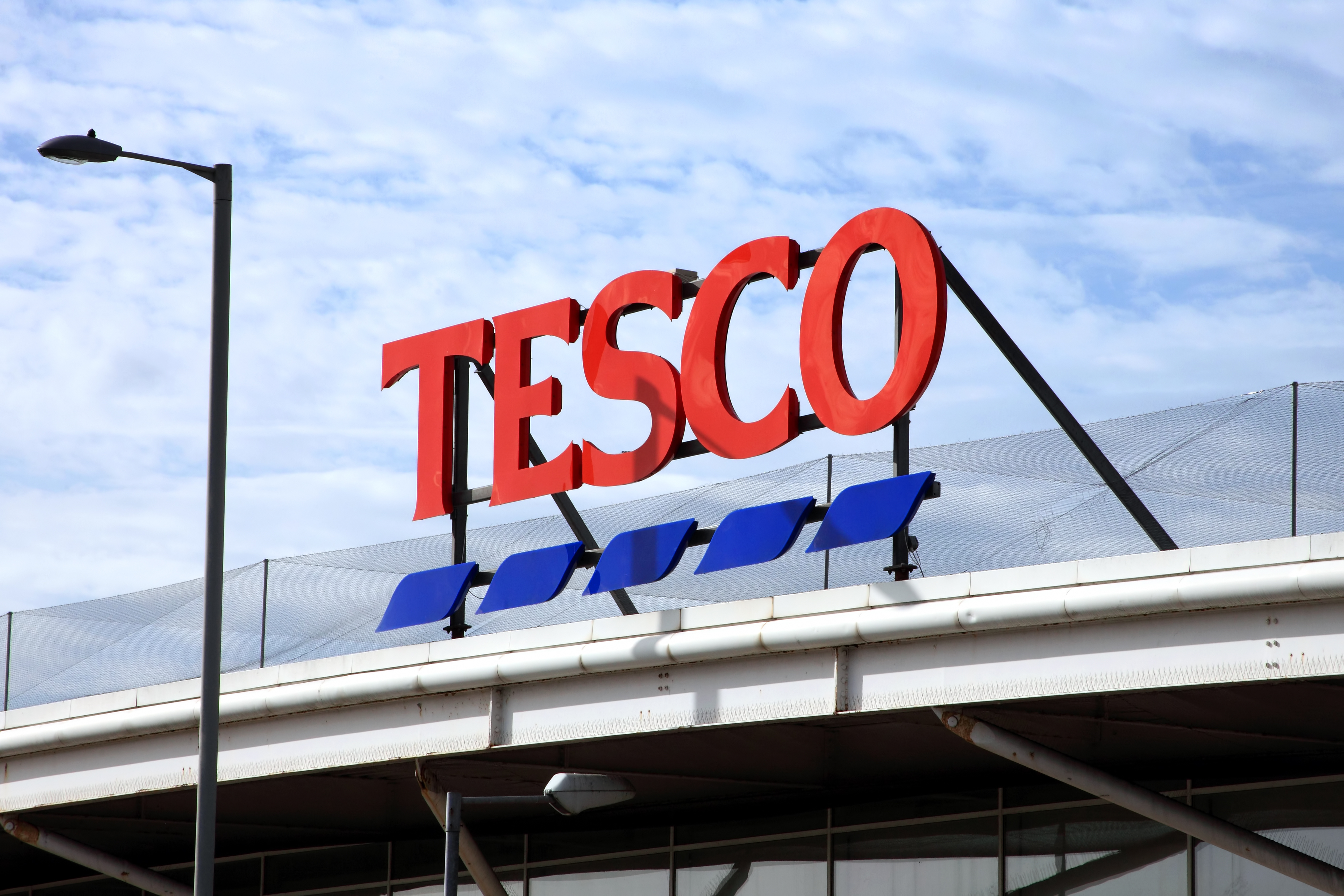The UK’s biggest retailer Tesco (TSCO) raised its full-year profit forecasts following strong H1 results, with an increased focus on delivering value, softening food inflation and customers switching from premium retailers all driving up profits.
Tesco said it expects to deliver between £2.6bn and £2.7bn retail adjusted operating profit for the full year, and expects to generate retail free cash flow of £1.8bn to £2.0bn this year, surpassing its medium-term guidance of £1.4bn to £1.8bn.
In the first half, operating profit saw a 13.5% leap to £1,417m, with its value offering leading to market share gains.
Statutory revenue came in at £34bn, with retail like-for-like sales up 7.8%. The retailer also reported strong retail free cash flow reaching £1,368m, including a positive working capital inflow of £368m.
Net debt improved by £605m since the year-end, driven by robust cash flow and a special dividend from the bank. This improvement resulted in a net debt/EBITDA ratio of 2.3x.
Tesco said it was consistently the cheapest of the full-line grocers across the half, competing with discounters like Aldi by matching prices of key items. Equally, it saw strong growth in its Finest range, “as shoppers look to save by treating themselves at home, voting with their feet as they switch from premium retailers to Tesco” according to Ken Murphy, Chief Executive.
The continuing cost of living pressures coupled with Tesco’s focus on driving down food prices has left the grocer in a strong position heading into the second half. On top of this, Tesco is set to have an extra boost as food inflation is expected to continue to fall in the second half.
View from Vox
An impressive set of results from Tesco, which has landed itself in a strong position moving into the key festive season in the second half. Tesco’s strong position is further bolstered by being the cheapest of full-line retailers, maintaining its edge over Aldi and Lidl by stocking a greater range of items.
Recent figures from the BRC-NielsenIQ Shop Price Index concluded that annual shop price inflation declined to 6.2% in September, down from 6.9% in August. This is below the three-month average rate of 6.8% and represents the lowest shop price growth since September 2022. BRC said that fierce competition between retailers had driven down prices, with shop price inflation to continue to fall over the rest of the year.
Tesco said it will continue to work with suppliers to reduce prices wherever it can, as the retailer is still not immune to high interest rates, climbing oil prices and supply chain disruptions. This being said, strong figures across the board suggest the retailer is successfully dealing with these challenges, with strong growth and profits boding well for the second half.
Follow Tesco for more News and Updates: TSCO

